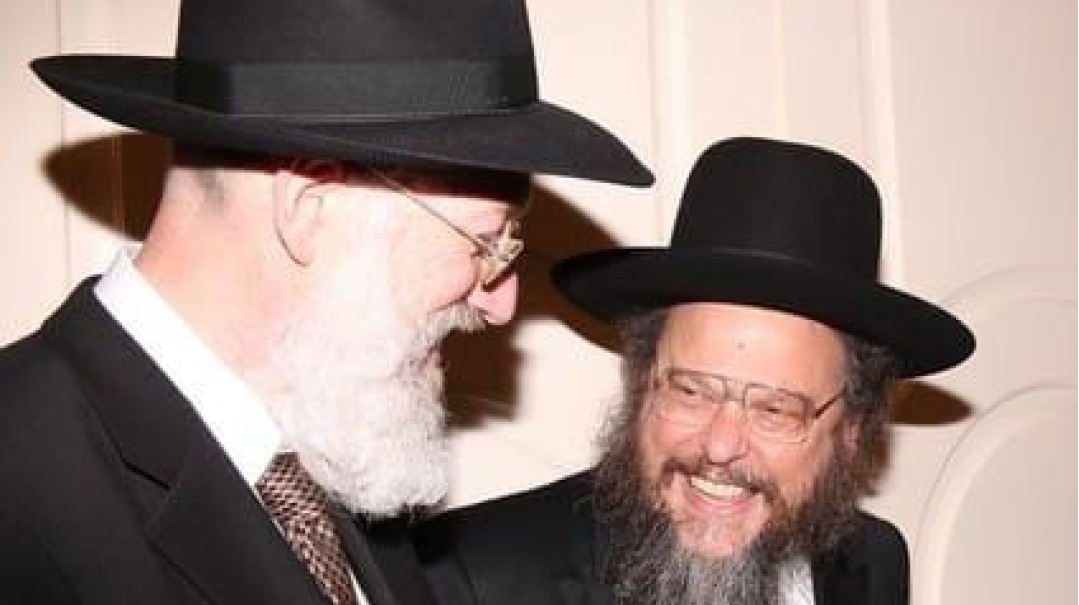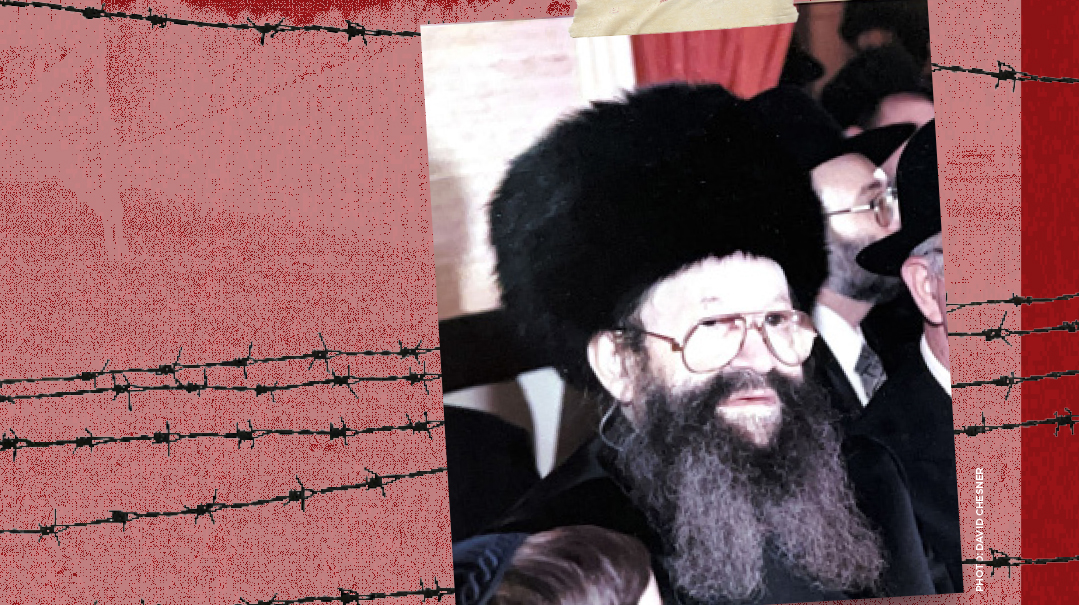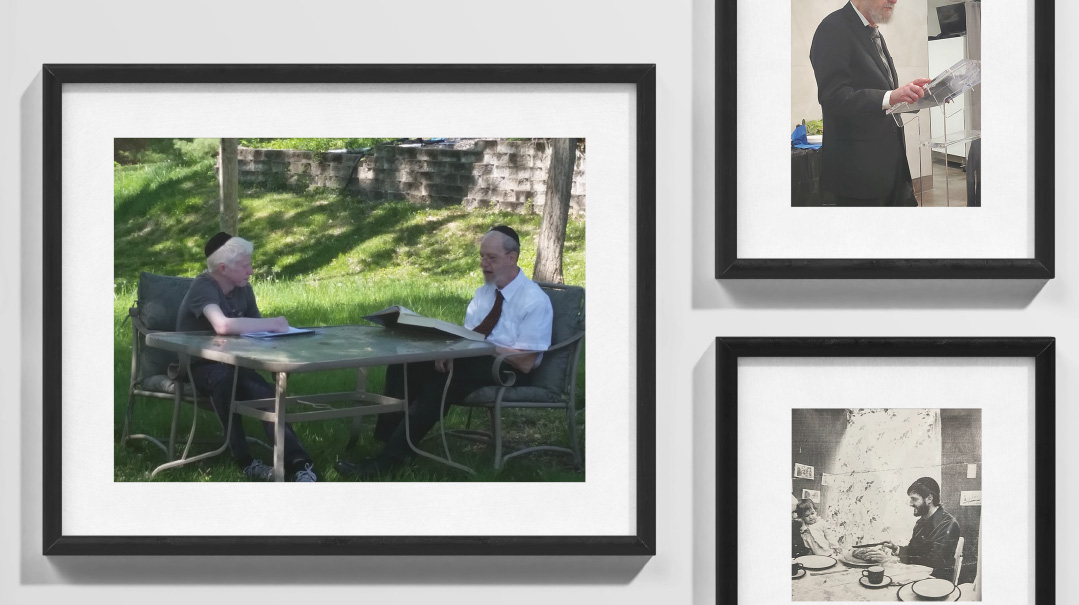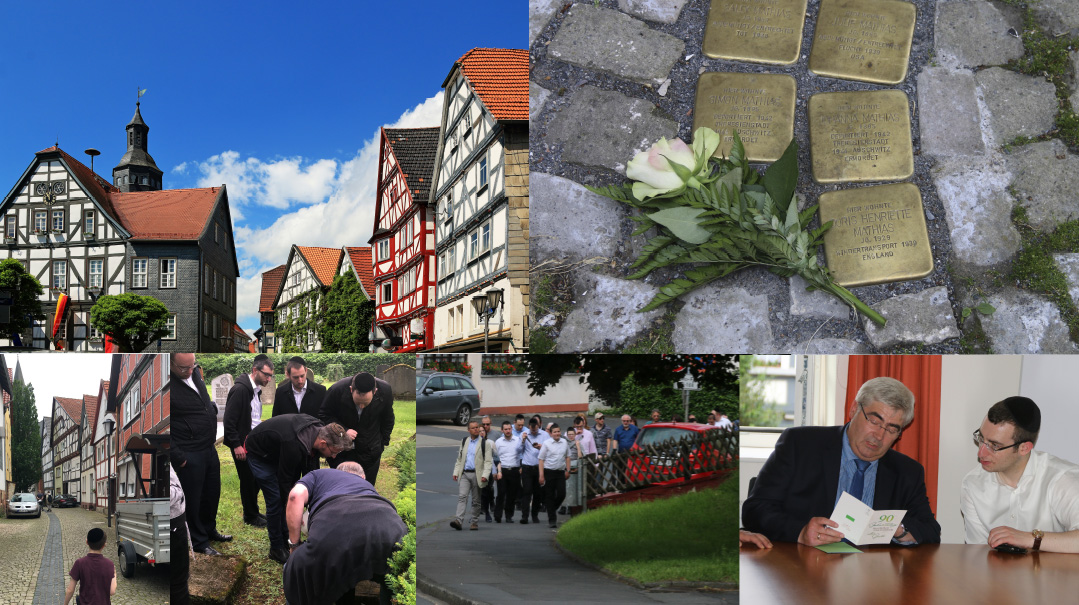Master of Your Mind

Rabbi Dov Ber Cohen scoured the Far East for spirituality — and found it close to home
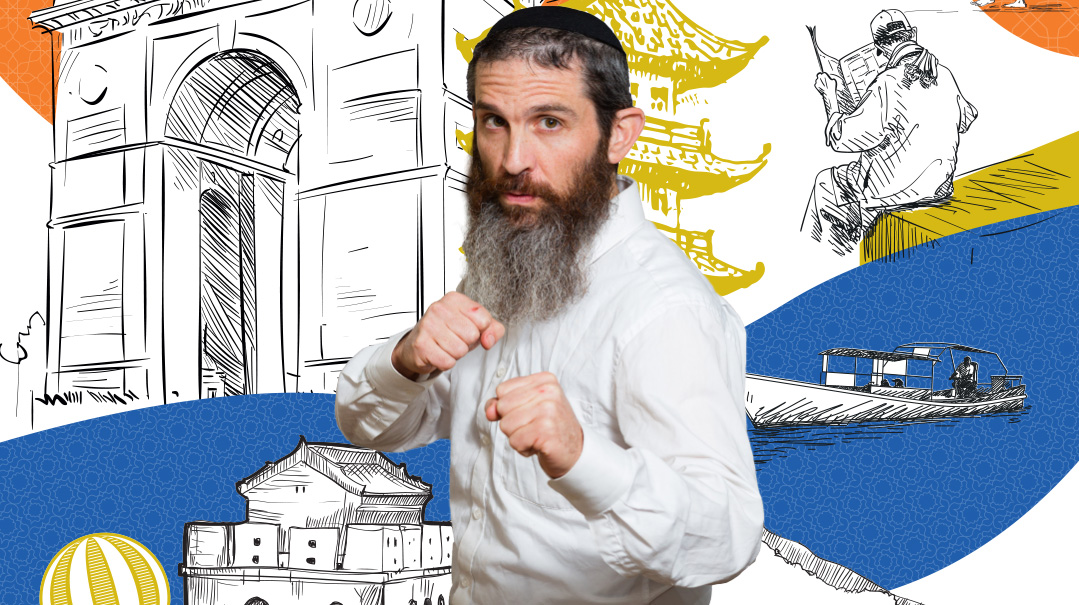
Photos: Elchanan Kotler
When Dov Ber Cohen realized the people around him weren’t really happy, he knew where to find the tranquility and peace of mind he sought – the Far East, of course. Years later, on a stopover in the Holy Land, he learned that the wisdom he so desperately sought was rooted in Torah all along
Image One: The Fa Wang Si Temple, which covers almost all of Mount Song, in Henan province, China. But who is that young Westerner in the center of the photo, trained in extreme Shaolin Kung-Fu with two mean-looking sabers in his hands as he balances on a stone with one foot?
Image Two: The foot of the snowy Annapurna mountain range in Nepal. But who is that fellow sitting in a lotus position, calm and serene, looking as if he’s finally found the happiness he’d been seeking his entire life?
It’s the same face as that long-bearded rabbi outside the Aish HaTorah yeshivah in Jerusalem’s Old City, who’s chanting something that seems to shake the heavens, as a cluster of students surrounding him fervently answer “Amen.” Was it a siyum masechta? A tefillah for someone’s refuah? Oh, wait — that’s Rabbi Dov Ber Cohen, and he’s just made a “shehakol” on a cup of green tea.
When London-born Dov Ber (a.k.a. Bradley) Cohen was a student at the University of Manchester, he assumed the spirituality he was thirsting for would only be found in the villages and mountaintops of the Far East. In 2001, he put together a backpack and left for the land of the spirit. (“Living out of a backpack means you can only carry what you really need, and it’s incredibly liberating to realize just how little one needs to get by,” he says.) He worked in destitute orphanages in Sri Lanka and Laos, participated in silence retreats in Thailand, fasted in India, meditated with the monks in the Himalayas, trained in martial arts in Japan and Korea, and even became a teacher of Buddhism.
In time, though, he began connecting with his Jewish roots, and by the time he decided to settle in Eretz Yisrael in 2008, he was convinced that the Eastern wisdom he so diligently sought is actually rooted in Torah.
Today, as a teacher of Torah at Aish, a founder of workshops and international spiritual retreats, and author of Mastering Life: A Unique Guidebook to Jewish Enlightenment, he wants to spread one basic message: that Judaism, lived in a more conscious way, provides all the depth, meaning, personal growth, and spiritually that anyone could hope for.
Oops! We could not locate your form.


